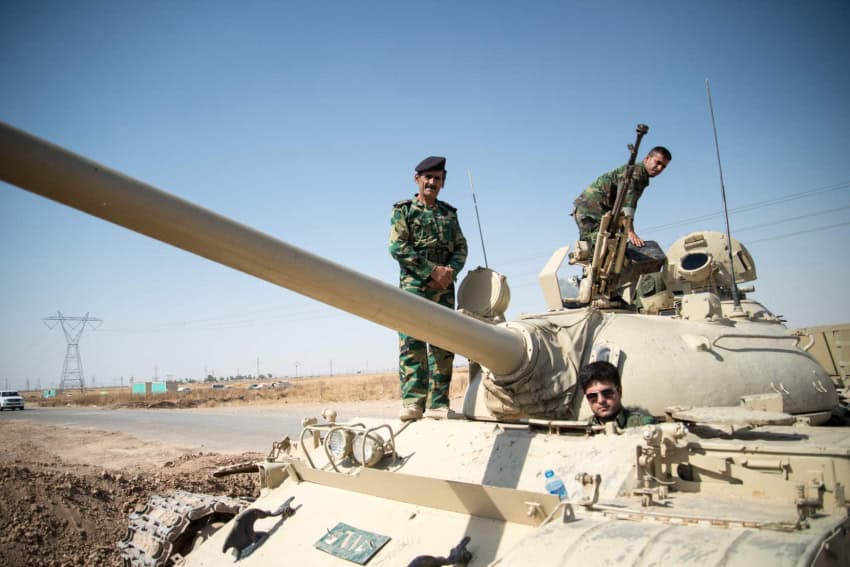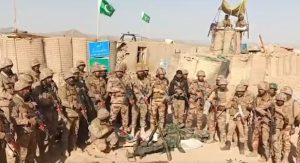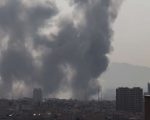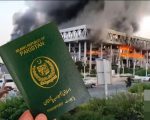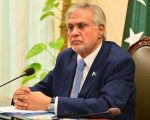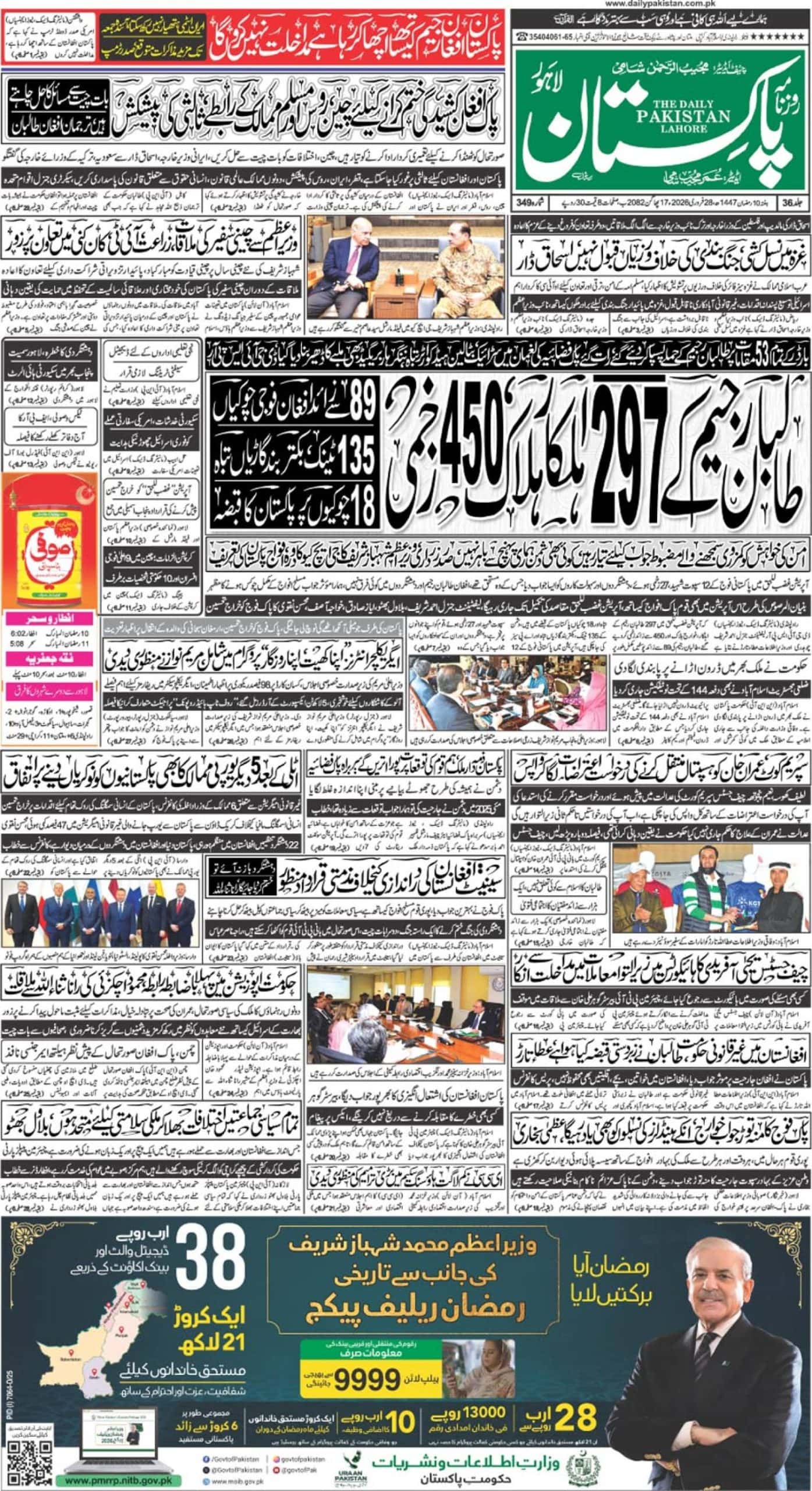March 31 was a stark reminder that ISIS is not the only problem in war-torn Iraq. A state of emergency was declared when the protesters led by the Shia cleric Moqtada Al-Sadr, ransacked the fortified ‘Green Zone’ in the heart of the capital and occupied the parliament building. The walled enclave on the North bank of Tigris River was the only place in Iraq where the supposed ‘democracy’ in the country was visible. It was also one of the last remaining places where the government enjoyed some semblance of authority. The ease with which the protestors made their way to the parliament showed the extreme impotence of security forces and the deep-rootedness of internal divisions within them.
It is easy to lose hope on Iraq. The West’s dream democracy in the country has been confined to a 4 sq mile radius in the Green Zone. Ordinary Iraqis have seen little good coming from the long war against terrorism in their country, which has only resulted in more war and more terror. Rising unemployment and inflation has pushed more than 9 million Iraqi’s below the poverty line. Acute water shortages are not unusual and the national power grid is limited to only 5-7 hours per day of electricity, with shortfalls being met through the use of private generators. Corruption, mismanagement, and deep-rooted political disagreements have become the hallmark of the Iraqi government.
Prime Minister Haider Abadi, who enjoys an uneasy alliance with Iran and the United States, is fast losing control of his fragile government. His proposed plan to end the quota system, which is the need of the hour, is meeting strong resistance from militias and the leading political elite. Due to the non-existence of the private sector and rampant corruption, Iraqis depend almost entirely on the public sector for jobs. Unsurprisingly, the number of people working under the government payroll on mostly ghost projects has increased from 1 million under the Saddam Hussain regime to 7 million today.
Last year a parliamentary committee spokesman, Adil Nuri pointed out that $500 billion had been lost to corruption during the regime of Nouri al- Maliki between 2006 – 2014. The same committee last month identified severe irregularities in finances of the Defense Department, estimating only $20 billion had been spent on arms out of a total budget of $150 billion. The rest has seemingly vanished into thin air. All this has taken a toll on the treasury, and has saddled the government with a whopping deficit, equal to 25 per cent of the GDP.
Iraq-watchers cannot help feeling déjà vu. Even after his best efforts, Prime Minister Haider Abadi has been unable to avoid allegations of nepotism and political immaturity. His nominees for key ministries backed out at the 11th hour, raising questions about the rationale behind his choices. He further infuriated the Shia faction when he proposed Faleh al-Fayyad, an inept Dawa hand to lead the Foreign Ministry.
With ISIS controlling a third of Iraq, including the second largest city, Mosul, which is also a de facto state in itself under Northern Kurdish control, and the ever deepening fault lines between the Shiite and Sunnis, the idea of an independent and unified Iraq seems more out-of-reach than ever.
The nightmare scenario of Iraq’s division is now an almost forgone conclusion becoming a reality. With more than $2 trillion spent in Iraq, 5000 servicemen killed in the line of duty along with 240,000 Iraqis, another perfect failure is on the cards for the United States. All three countries they invaded – Libya, Afghanistan and Iraq have consistently been named among the top 10 corrupt regimes of the world. Suffice is to say that in the name of ‘liberty and democracy’, the notion of Iraq as a sovereign state is losing, not with a bang, but with an agonizingly prolonged whimper.

